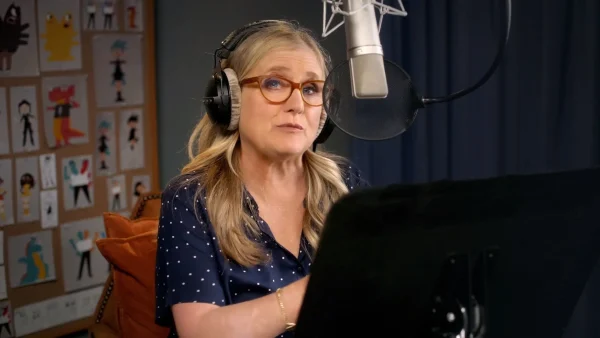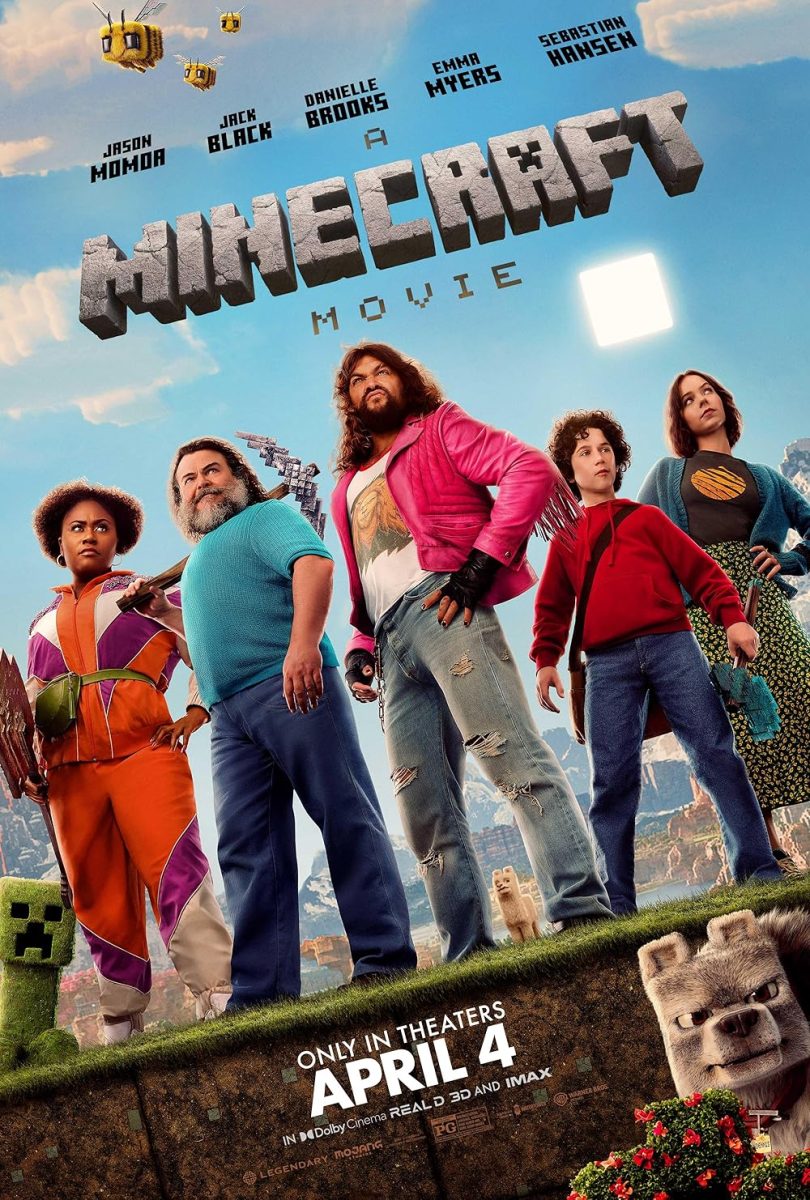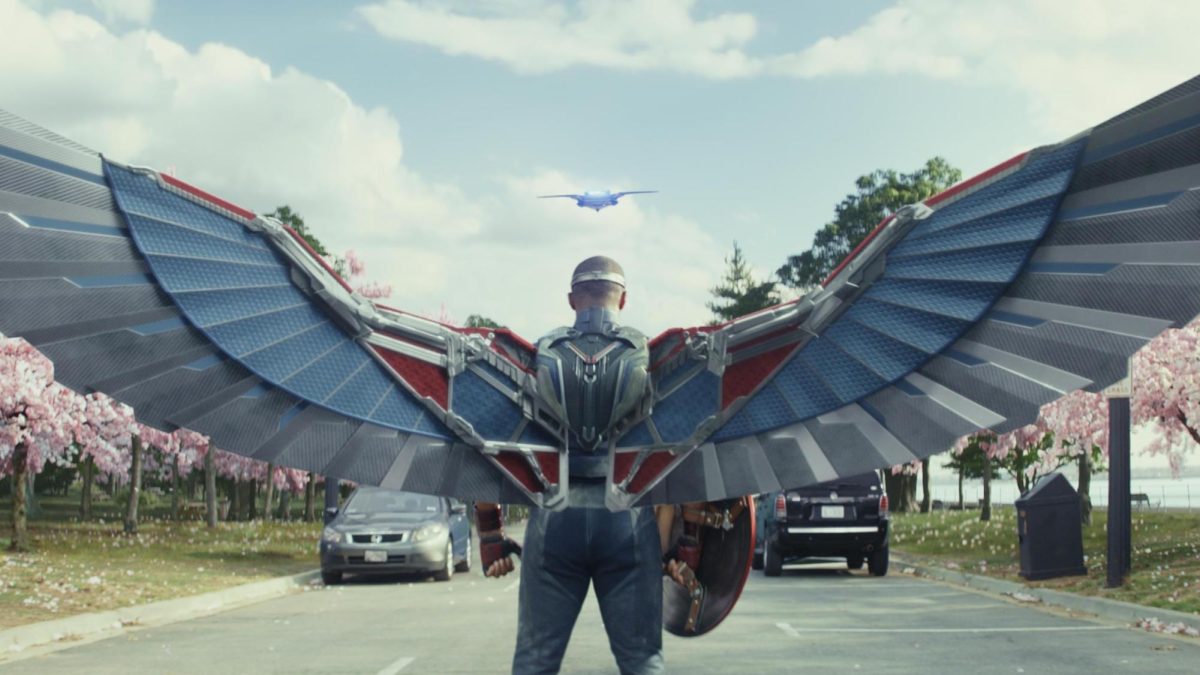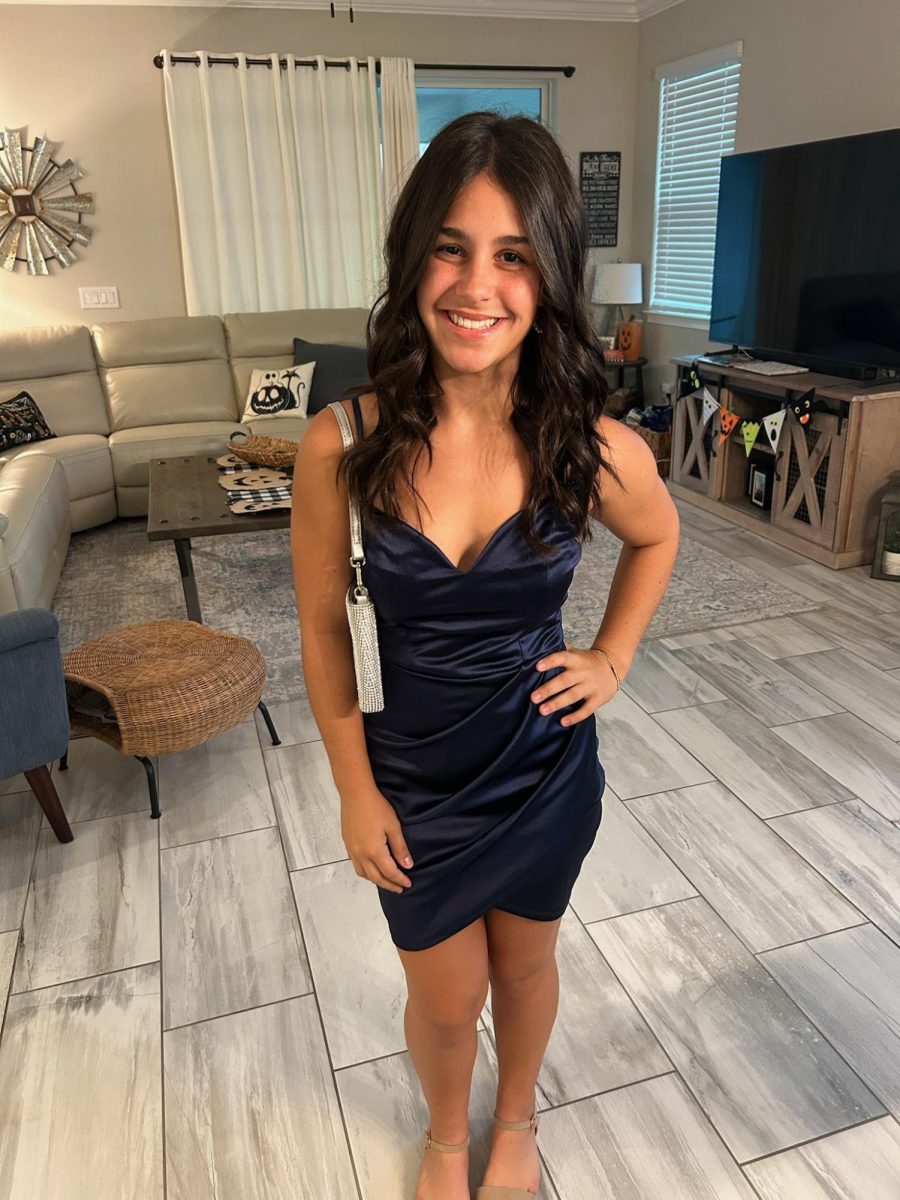For some, voice acting is an acquired talent, but for others, it’s second nature. Even though some may make it look easy, it is much harder than it looks. Voice acting has always been an interest of mine, from the basics of choosing who to cast to how a slight difference in tone can change the entire character’s dynamic. Voice acting is also important in animated media, which is most of what I watch, and knowing the history and how it has evolved to what it is today makes it more interesting.
Voice acting has been around for over a hundred years. Many think it originated in 1928, with Walt Disney’s Steamboat Willie; however, this is false. Voice acting originated as early as 1900, by Canadian inventor, Reginald Fessenden. Ever since then, classics such as The Flintstones and Scooby-Doo have pushed voice acting into mainstream animated media, later introducing voice acting into video games. The video game created using voice acting was Dragon’s Lair; released in 1983. Voice acting is not just in shows and movies, and it expanded throughout radio, animation, speaker announcements, and video game industries, coming a long way from where it started years ago.
From where voice acting started, to where it is now, there have been major improvements along with more memorable names to match the characters and many new techniques. A technique that has been used numerous times is to cast women to voice young boys due to their skills in voice acting while still maintaining a higher voice. Some women voice actors who have been casted for the voice of young boys include Nancy Cartwright, voicing Bart Simpson, Nelson Muntz, and Ralph Wiggum from The Simpsons, Tara Strong, who voiced Timmy Turner from Fairly Oddparents, and Ben Tennyson from Ben 10, and Veronica Taylor, Sarah Natochenny, and Rikako Aikawa all voicing Ash Ketchum from Pokémon. Voice acting, which began in Canada quickly spread to be world-wide, integrating itself into many diverse cultures.
Many voice actors have taken years of their lives to perfect what they do, needing to find many techniques to help them achieve the voice for their characters. Voice actors all need to have the ability to change their voices comfortably for extended periods of time, along with acting skill. Although it’s not required, it helps many voice actors get the most accurate tone of voice for the character that they may be voicing and for how the character may be moving. For example, if the character is waving their arms in the air, panicking, it will most likely help the voice actor get an accurate tone if they almost mimic the movements of the character. However, there are many factors that can either help or harm a voice actor’s set up, such as getting the correct equipment and set-up, ability to synchronize the audio with an animation, getting an animation to begin with, and the ability to work with others. Getting hired as a voice actor for either a professional project, or something as simple as an animation for a YouTube video is not as easy as some say it is. Voice acting requires lots of time and effort to even create an application to be reviewed. Thankfully, landing an acting job is nowhere near impossible, making being hired much more rewarding.
Voice acting has come a long way from then it started, from requirements to techniques. If someone has effective communication skills, knows the right people, and can comfortably manipulate their voice, there is a high chance they can get a job as a voice actor. These qualities will also increase someone’s chance of getting a job if they know or can contact an animator or a team of animators, who can possibly cast them as voice characters in their animations. Becoming a voice actor is tied to both skill and luck. For example, someone may be an expert at voice acting but may never find someone who can publish their work, while someone with little to no skill may get casted for to be the voice of a main character simply because they might have been the only person the animator or animation team could find that matches the criteria for the character. This all means that if someone is both skilled and has at least a bit of luck, their dream of becoming a voice actor is almost guaranteed, ensuring that nearly anyone can do it.








